To Shrive is an old English word meaning to absolve people of sin. This was something everyone did before Lent. In the early Church Confession of venial (small scale sins) sins was left to the rite at Mass or Holy Communion,or was done privately. The custom of private confession actually was taken into the Church from the custom in Wales, Ireland and Scotland. It was customary for clergy in this area to have an anmchara or 'soul friend'. The 'soul friend' was usually a priest who wanted to reconcile someone weighed down with sin. Because of the Keys of Peter, the Priest absolved his 'soul friend' (another priest or lay person). The person would come back into good standing with God, having admitted his sins and been forgiven. This process f private confession came to the European Continent eventually because of Saxon and Celtic Missionaries. Large sins (mortal or grave sins) elsewhere were always confessed to the Church as a whole and penances could last for years and the person would have to do public penance. The Celtic custom was adopted at the Fourth Lateran Council of 1215. Shrove Tuesday reminds us of the Easter Duty.
The Pancakes are also a sign of the season, because in Celtic times, they their shape and colour reminded them of the sun, or Christ, the Light of the World. The sun was an ancient symbol of the Welsh Irish and Scottish and easily incorporated into a Christian symbol, as it was into the Celtic Cross.
Take a look at these:
1.He who fails to guard the Host properly so that a mouse eats it, shall do penance for forty days.
He who gives anyone a beverage in which a mouse or a weasel is found dead shall do penance with three special fasts.
I like this one:
Small boys who strike each other shall do penance for seven days;but if they are older for twenty days. If they are adolescents they shall do penance for forty days!
(Penitential of Cummean) A good penance fasting!
Tuesday, February 5, 2008
Subscribe to:
Post Comments (Atom)










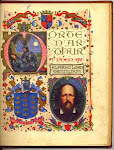







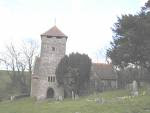








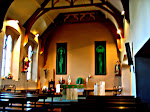









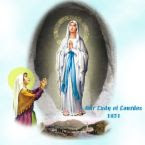




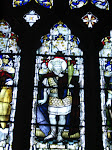






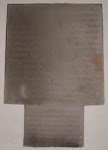



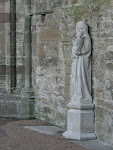





















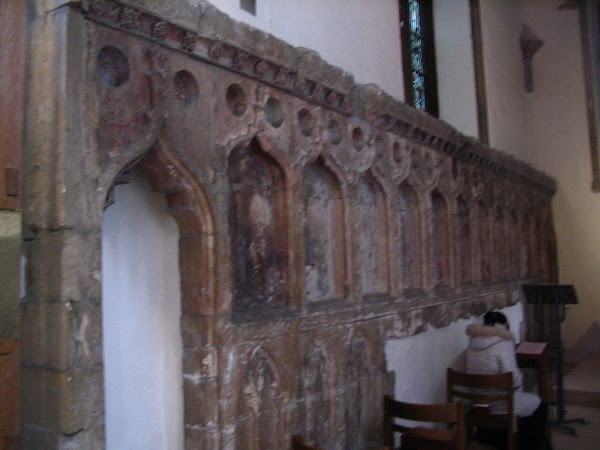
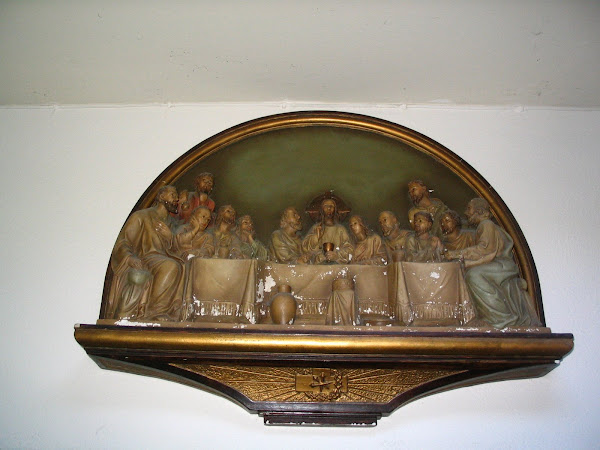







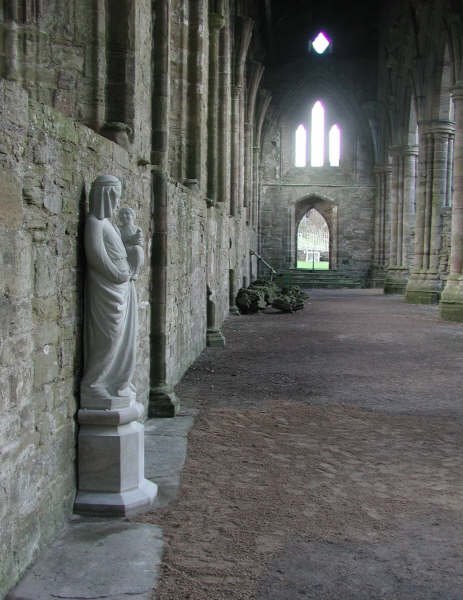
No comments:
Post a Comment